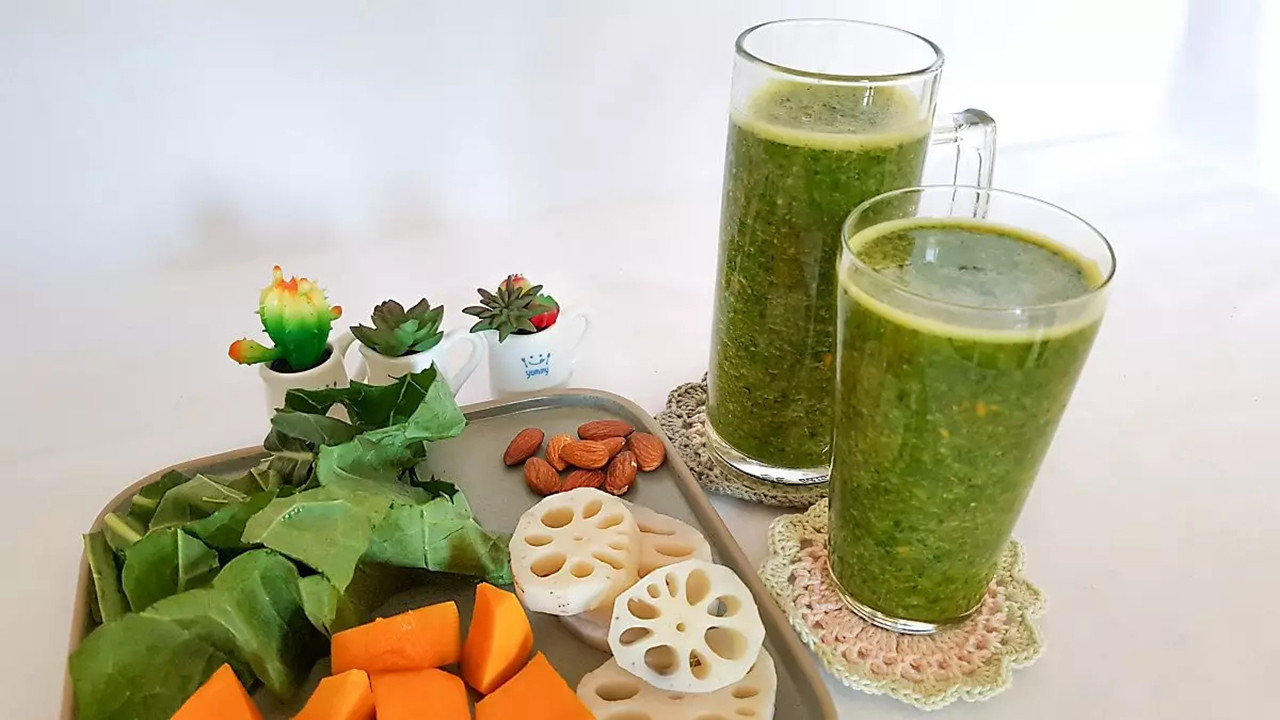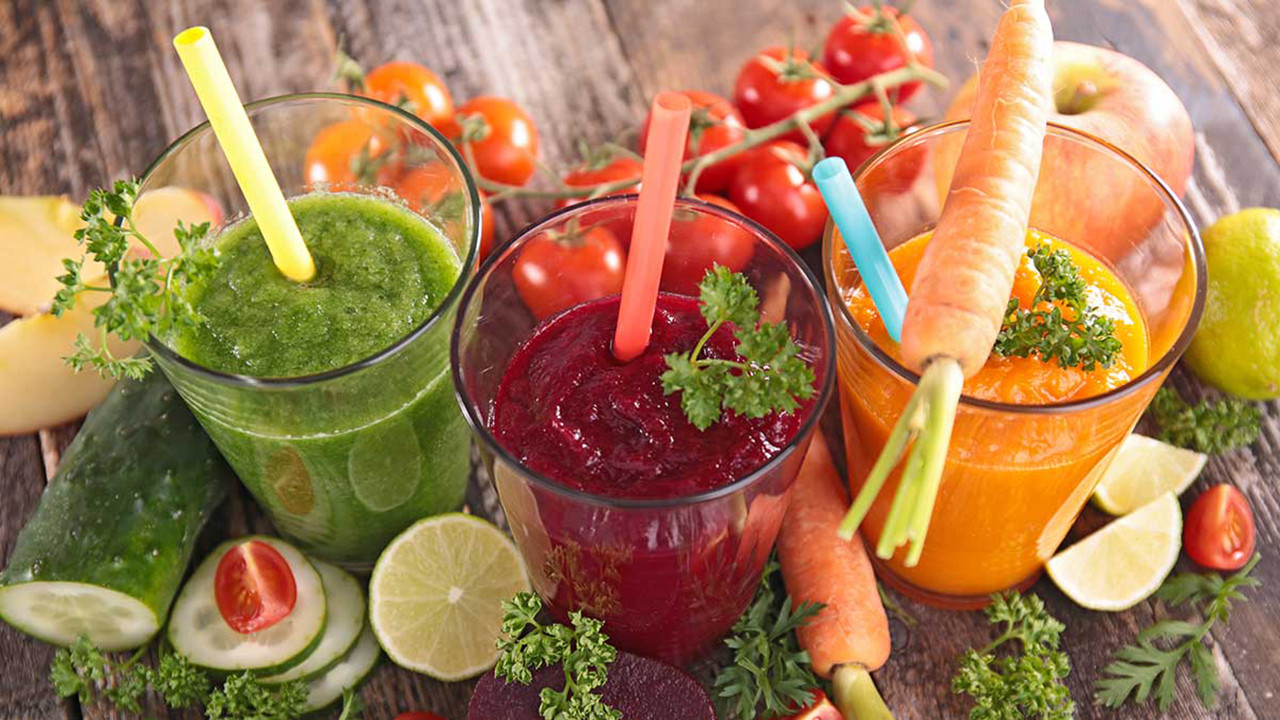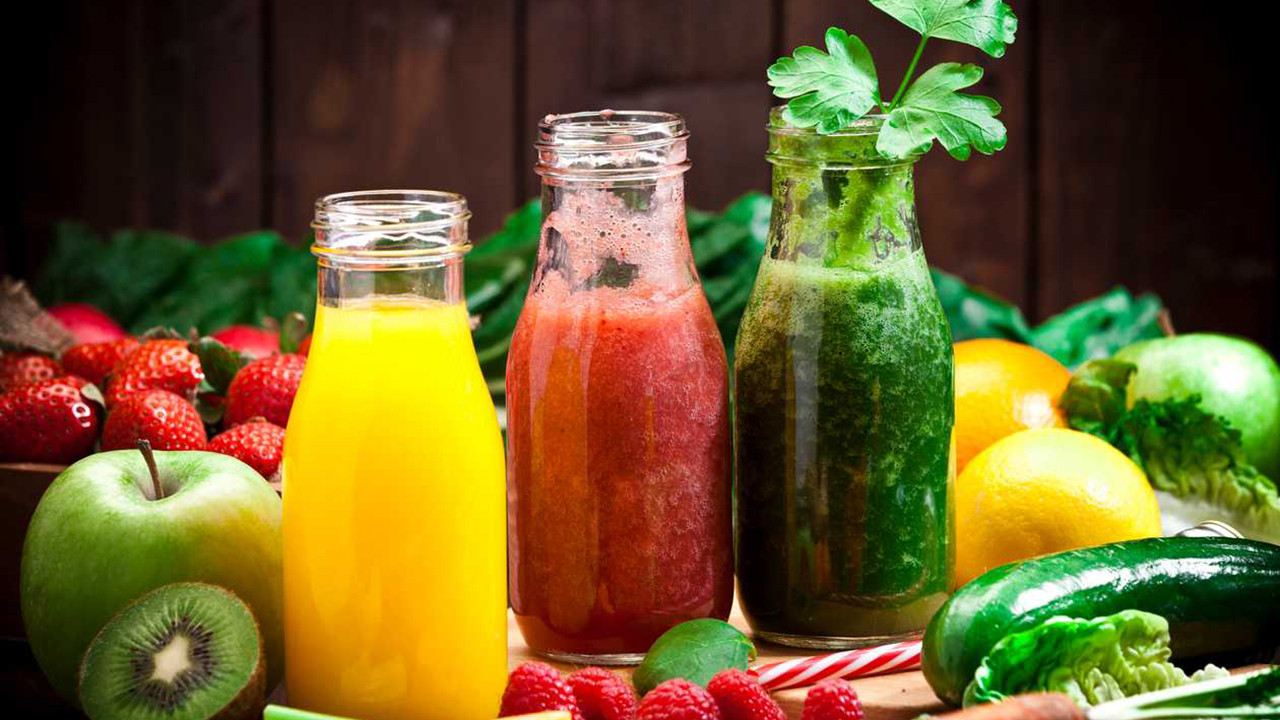Benefits of Autophagy
The benefits of autophagy extend beyond cellular maintenance. Here are some of the key advantages:
Cell renewal and recycling
Autophagy allows cells to eliminate damaged or aged components, making room for producing new, healthy structures.
This process helps maintain cellular integrity and prevents the accumulation of potentially harmful materials, which can contribute to various diseases.
Energy production
During autophagy, the degraded cellular components are broken down into basic molecules, such as amino acids, fatty acids, and nucleotides.
These molecules can then be used as building blocks for the synthesis of new cellular components or as a source of energy for the cell, contributing to overall energy homeostasis.
Immune function
Autophagy plays a crucial role in the immune system by removing invading pathogens and presenting their antigens to the immune cells, triggering an appropriate immune response.
This helps the body fight off infections and maintain a healthy immune system.
Neuronal function
In the brain, autophagy is particularly important for removing damaged or misfolded proteins, which can accumulate and contribute to the development of neurodegenerative diseases, such as Alzheimer’s, Parkinson’s, and Huntington’s disease.
Proper regulation of autophagy in neuronal cells is essential for maintaining cognitive function and neuronal health.
Cellular stress response
Autophagy can be upregulated in response to various cellular stresses, such as nutrient deprivation, oxidative stress, or the presence of damaged organelles.
This adaptive response helps the cell survive these stressful conditions by providing the necessary resources and removing potentially harmful components.
Aging and longevity
Impairment of the autophagy process has been linked to the development of age-related diseases and the overall aging process.
Maintaining efficient autophagy has been associated with increased lifespan and health span in various model organisms, suggesting that it plays a role in aging.

Autophagy juice recipe
Now that we have identified the key ingredients let’s put them together in a delicious and nutritious autophagy juice recipe.
Ingredients
- 1 cup green tea (cooled)
- 1 teaspoon turmeric powder
- 1-inch piece of ginger (peeled and grated)
- Juice of 1 lemon
- 1 cup spinach leaves
- 1/2 cup blueberries
- 1/2 avocado
- 1 cup water or coconut water
- Ice cubes (optional)

Instructions to make autophagy juice at home
- Brew a cup of green tea and allow it to cool.
- Combine the cooled green tea, turmeric powder, grated ginger, lemon juice, spinach leaves, blueberries, avocado, and water or coconut water in a blender.
- Blend until smooth.
- If desired, add ice cubes and blend again.
Understanding the impact of the autophagy juice on the body has implications for the development of therapeutic interventions targeting various diseases and conditions, as well as for the promotion of overall cellular and organismal health.










